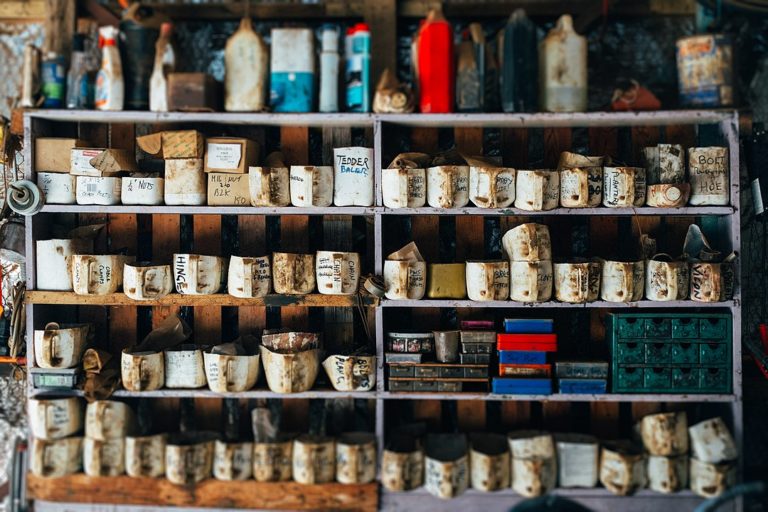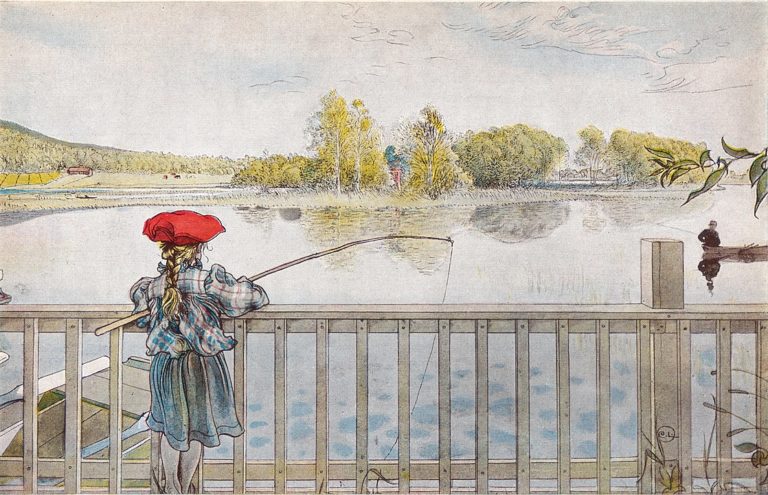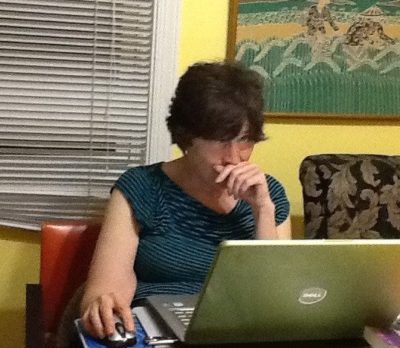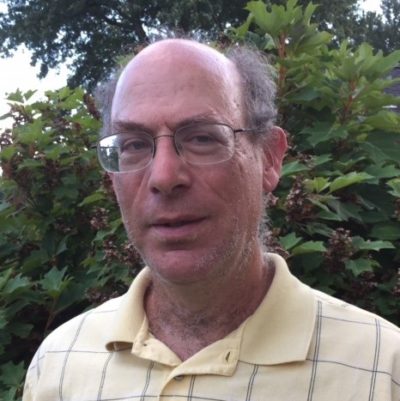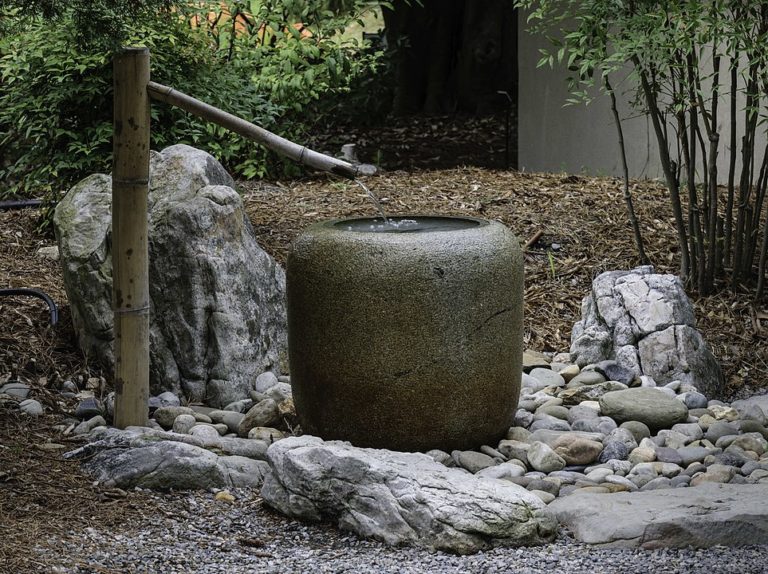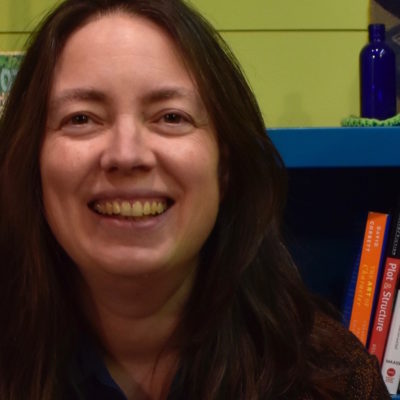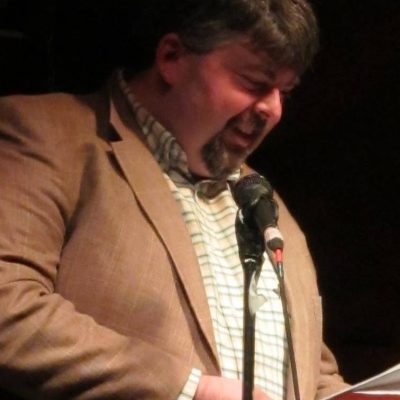A hand
that reaches out
mooring me
from a night of wind-tossed dreams
luring me back to port
this bed our terra firma
the heat of his palm
the only thing that holds me here
like the weight that keeps a tarp
from flying into the storm
WHAT YOU LEFT BEHIND
A closet full of tools
I cannot name.
An industrial-strength vacuum.
Receipts from 2005.
Books you never read.
A 40-foot ladder.
Empty, crusted paint cans.
Years of dust in the corners
we never swept.
Cracked windowsills and peeling paint.
Curtains hung crookedly.
Others never hung.
The bed we bought together.
And the sheets we slept on.
How many years.
Dreams where I sense you
lying next to me
and wake up
saying no, no, no.
Your last name
on every document I own.
The hollow of its vowels.
YVETTE
This name derived from the yew tree
and given to me in 1973
for my mother’s love of French
and a Boricua girl with black braids,
my father’s favorite student
when he taught second grade
in the South Bronx, his refuge
from the draft, a time
when they lived in one room
and a hamper served as his desk.
A name that has passed through languages,
from Germanic into French,
linking me in a chain from Saint Yves
to the girl with Spanish twined in her braids,
to my own brown curls
and a childhood of English.
Yvette, written with a Y
that sounds like an E,
mispronounced all my life,
its first syllable a mystery vowel
on the tongues of friends and teachers.
This name I carry with me, reminder
of a time when lives were defined by war,
when my mother dreamed in francais
and my father taught arithmetic to children,
a time long forgotten in the annals
of our American family
where English came to dominate
pushing Yiddish and German
into the eaves, into the distant sphere
of grandparents. Who knew
that the language of the braids
would find its way back,
that one day I would find Neruda
and grow into Spanish.
It is in me. I contain it.

Yvette Neisser is the author of Grip, winner of the 2011 Gival Press Poetry Award. Her translations from Spanish include South Pole by María Teresa Ogliastri and Difficult Beauty: Selected Poems by Luis Alberto Ambroggio. Her poems, translations, essays, and reviews have appeared in such publications as Foreign Policy in Focus, Virginia Quarterly Review, Split This Rock’s The Quarry, and the Bloomsbury Anthology of Contemporary Jewish American Poetry. She is a founding Board Member of the DC-Area Literary Translators Network (DC-ALT) and has taught writing at George Washington University and The Writer’s Center. By day, she is a writer for an international development firm.
Image by Jay Wennington jaywennington – https://unsplash.com/photos/OLIcAFggdZEImage at the Wayback Machine (archived on 8 May 2017) Gallery at the Wayback Machine (archived on 4 May 2017), CC0, https://commons.wikimedia.org/w/index.php?curid=62335393
